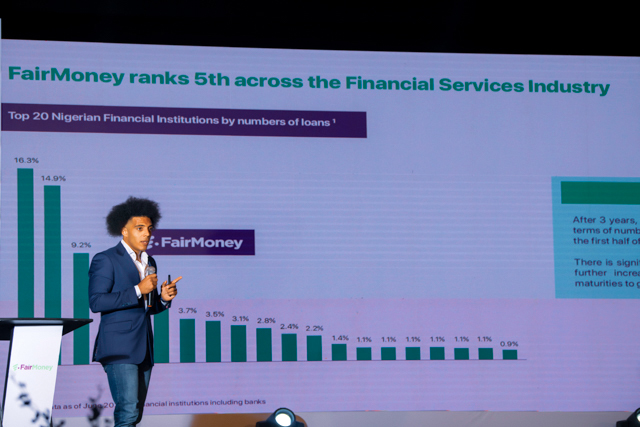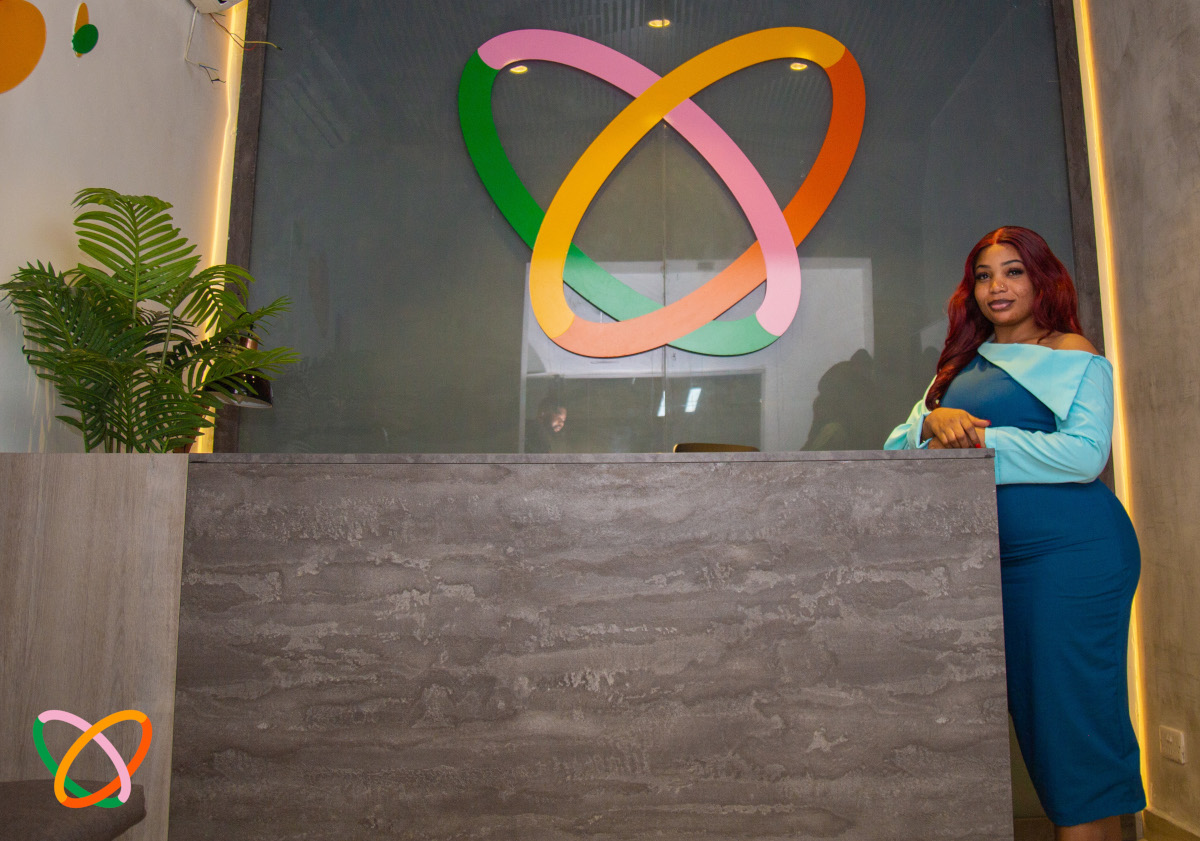Nigerian fintech startup, FairMoney, has acquired PayForce, a CrowdForce subsidiary, in a deal that will see CrowdForce CEO, Oluwatomi Ayorinde, join FairMoney to head its payments business unit.
FairMoney was launched in 2017 to provide collateral-free loans to Nigerians. Since then, it has expanded its suite of offerings to provide bank accounts and savings features for customers. Users can also pay bills or request cards on the platform.
In 2021 when it raised a Series B, FairMoney claimed to have more than 3.5 million users in Nigeria. The startup had also expanded to India the previous year, giving out 500,000 loans in six months.
FairMoney has also moved beyond personal loans to business loans, and its acquisition of PayForce is another step in that direction. PayForce enables merchants to offer agent banking services, adding an extra source of income while bringing banking services closer to the people. It also works with larger businesses, such as gas stations, to provide liquidity for its agents.
Laurin Hainy, FairMoney’s CEO, told TechCrunch that the startup would offer specialised credit products for businesses even as he hopes the acquisition would encourage PayForce merchants to use FairMoney as their primary bank.
As FairMoney aims to become the premier digital bank in Nigeria, TechCrunch reports that it has its eyes on other acquisitions in addition to raising a $30 million bridge round. The startup last raised venture capital funding in 2021 with a $42 million Series B. While FairMoney and CrowdForce declined to comment on the value of the deal, sources who spoke to TechCrunch put it between $15 million and $20 million.
With more than 40 million unbanked Nigerians, the digital banking space in Nigeria has long been touted as one with enormous potential. While startups like FairMoney took a credit-led approach, others like Kuda have gone ahead to offer complete banking services to their users from day one.
Still, a common sentiment is that these banks only augment the services of existing commercial banks in the country. The ease of opening accounts with any of these players means anyone can move funds to them, but by offering their services through a smartphone, their options are limited to the approximately 30 million Nigerians who own one.
Over the next two years, smartphone penetration is expected to grow to 60% by 2025, suggesting that neobanks in the country have more room for growth.











